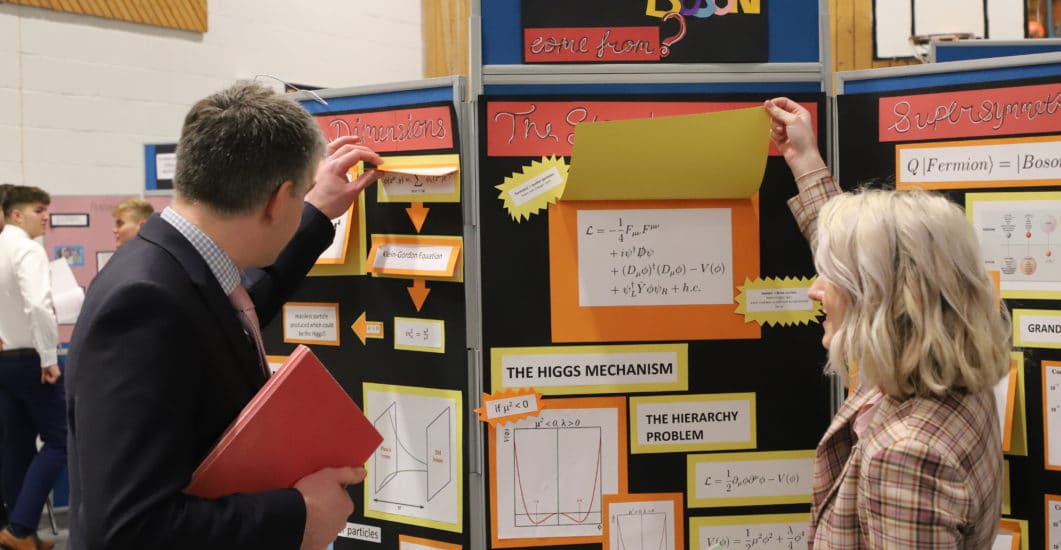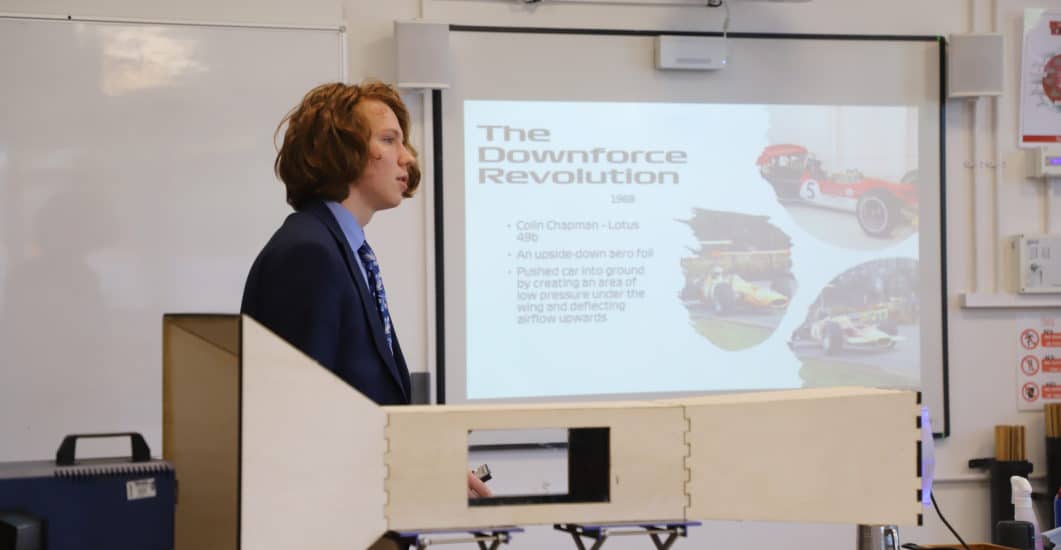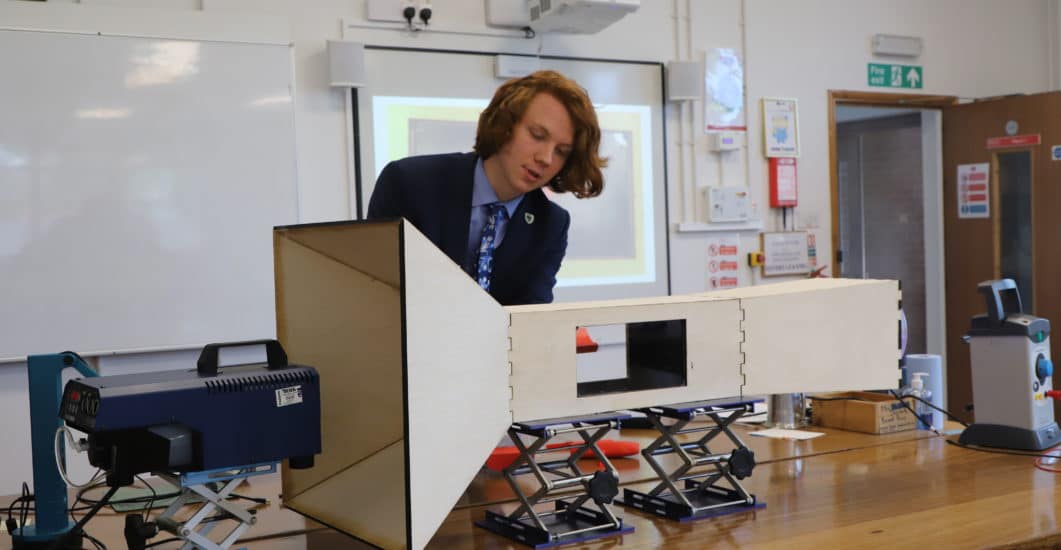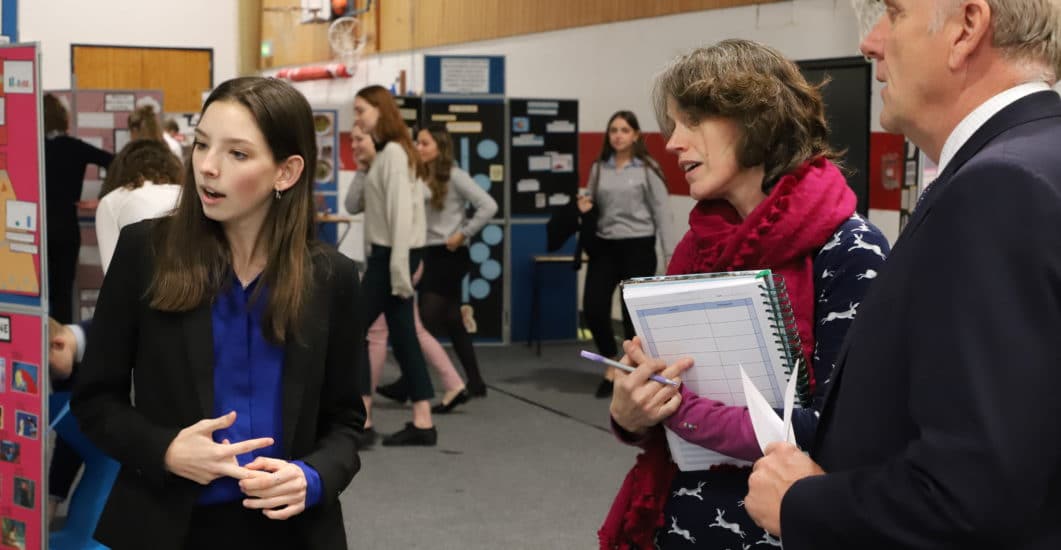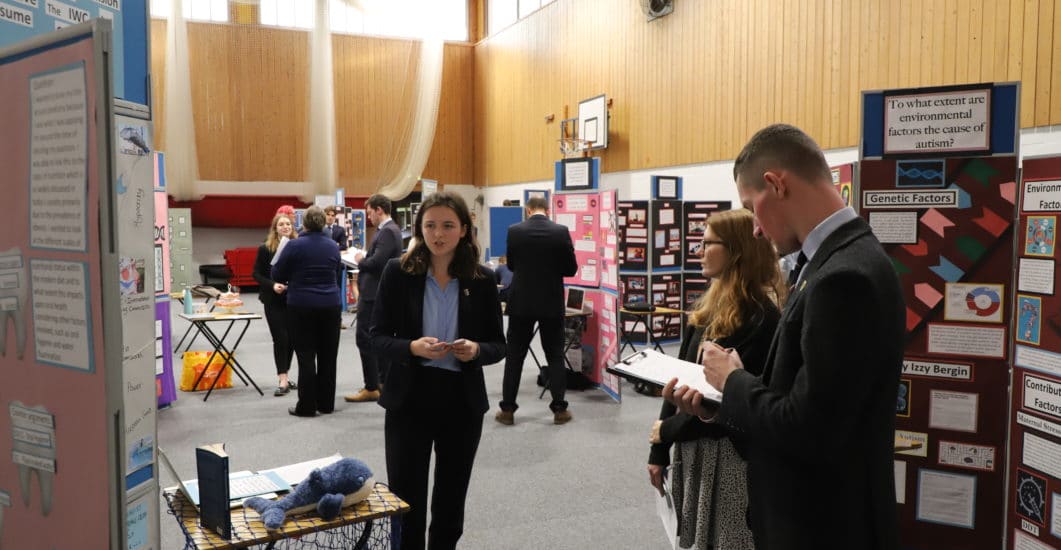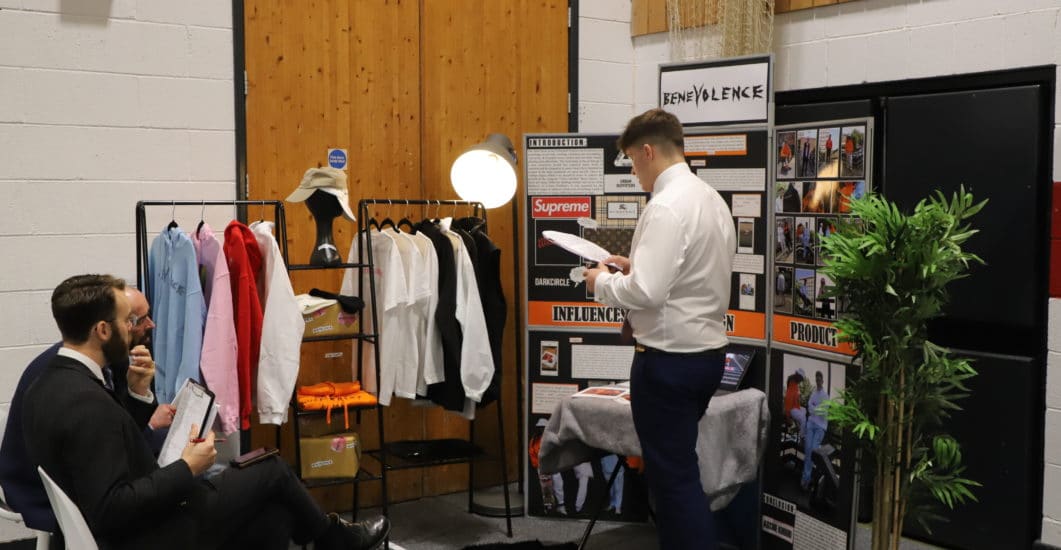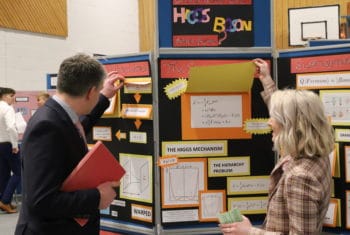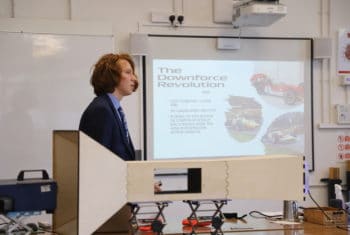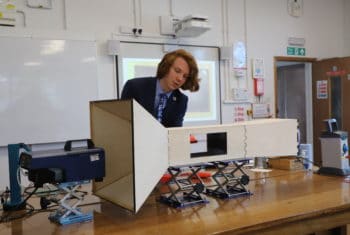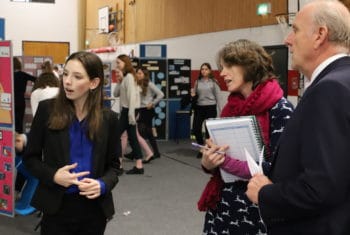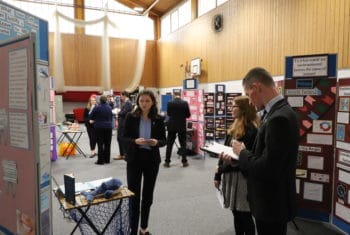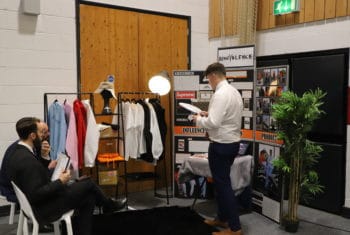Extended Project Qualification (EPQ)
Supporting applications to uni
The Level 3 Extended Project Qualification (EPQ) is worth slightly more than half an A-level in UCAS points. It involves students choosing a topic, carrying out research, then creating either a 5,000 word report or an ‘artefact’ and a report of more than 1000 words. In November students are required to give a presentation about their project, which is also assessed.
Year 12 students who are studying for three A-levels are expected either to undertake an EPQ or put together a proposal for something that takes the equivalent amount of time (90 independent hours). Students undertaking more than three A-levels can choose to do an EPQ. The course runs from January to December, and students are taught skills such as researching, note-taking, referencing, time management and structuring academic reports, which will help them at university.
The qualification can also support students’ UCAS submissions as universities often give dual offers (either A/A/A or A/A/B and an A in the EPQ).
Hurst’s EPQs are wonderfully diverse as an EPQ can be on almost anything, as long as there is a research component.
Examples of previous EPQs
- Is the aetiology of fear innate or acquired with specific reference to arachnophobia, aerophobia and dentophobia?
- The Sengoku Jidai and the Meiji Restoration: a study in change and continuity
- Can man colonise Mars with respect to farming and power?
- Does time have an arrow?
- The libel of Leicester’s Commonwealth claims that ‘His Lordship changeth wives and minions, by killing the one’. Was the death of Amy Robsart suicide, accident, or murder?
- Is fusing the prosthetic to the bone a more reliable way to treat a dog with a missing or deformed leg?
- Lifestyle-related conditions; What impact do these have on the NHS and what are the arguments surrounding their coverage by the service?
- How successful were the neologicists in reviving Frege’s program and providing a truly logical foundation for arithmetic knowledge?
Examples of previous artefacts
- Writing and directing a play based on the life of Andre Stander
- A documentary depicting the roles and functions of the Mayor of Brighton, through which the relevance of Mayors in modern society will be assessed (a film)
- The Krebs Cycle – an interactive animation (a revision app)
- Produce a sketchbook to show how Art and Anatomy are intrinsically linked
- To research, design and manufacture the ideal surfboard
- Create and distribute an EP where each track is produced- in the style of a different sub-genre of dance and house music
- Build a prototype of a new, stylish yet affordable streetwear brand
- To explore the best way to educate children through planning and running a workshop focusing on the topic of ‘the origins of theatre in ancient Greece’ for 12 and 13-year-old students
